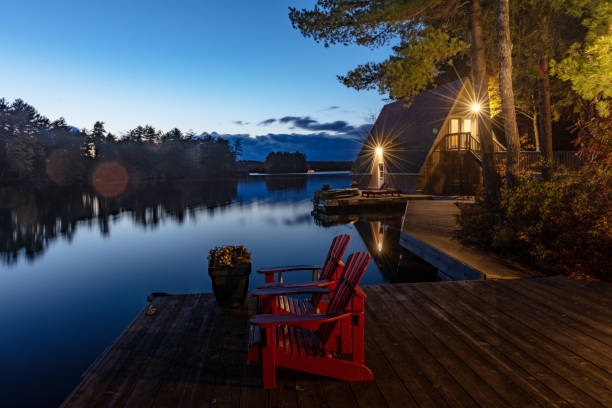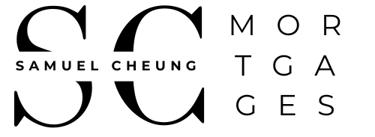Getting a Mortgage on Cottages and Investment Properties


Whether you're looking to invest in a charming cottage getaway or expand your portfolio with a profitable rental property, owning a second home can be a rewarding venture.
We recognize the distinct challenges and opportunities that come with financing cottages and investment properties. We're here to help you secure competitive rates and tailor a mortgage solution that aligns with your investment goals. Reach out to us today to explore your options and make your property dreams a reality!
Cottages and Investment Properties FAQ
Can I get a mortgage for a cottage in Ontario?
Yes, you can obtain a mortgage for a cottage in Ontario. The type of mortgage available depends on whether the property is a seasonal or year-round cottage, as well as its location and accessibility.
What types of cottages qualify for a mortgage?
Cottages generally fall into two categories:
Type A (Year-Round): These are fully winterized with a permanent heat source, plumbing, and road access. They typically qualify for the same mortgage options as primary residences.
Type B (Seasonal): These cottages may not be accessible year-round, lack a permanent heat source, or have less developed utilities. Financing options may be more limited, and higher down payments could be required.
How much down payment is required for a cottage mortgage?
For Type A properties, you may be able to put down as little as 5 - 10% down. However, for Type B properties, a down payment of 20% or more is required due to the higher risk associated with seasonal properties.
Can I use a cottage as an investment property?
Yes, many people use cottages as investment properties, particularly for short-term rentals like Airbnb. Lenders may have different criteria for investment properties, and you might face stricter requirements, such as a higher down payment and interest rate.
What is the difference between a mortgage for a primary residence and an investment property?
Mortgages for investment properties generally have higher rates and larger down payment requirements. However, these vary based on the borrower, so it is always best to work with a mortgage advisor to determine the best way you can get an investment property.
Can I refinance my cottage or investment property?
Yes, refinancing options are available for both cottages and investment properties. You can refinance to lower your interest rate, access equity for renovations, or consolidate debt. However, the terms might not be as favorable as those for primary residences.
How do lenders assess rental income for investment property mortgages?
Lenders often consider rental income as part of your overall income to determine your mortgage eligibility. They may use a percentage of the expected rental income, typically 50-80%, to offset mortgage payments. You may need to provide a lease agreement or rental history as proof.
Can I purchase an investment property with a partner or group?
Yes, you can purchase an investment property with others. In this case, all parties would need to qualify for the mortgage. It’s important to have a clear agreement outlining each party’s responsibilities, contributions, and how profits or losses will be shared.
Can I live in my investment property and still generate rental income?
Yes, this is possible through a strategy known as house hacking. You can live in one unit of a multi-unit property (like a duplex or triplex) and rent out the other units. This can help offset your mortgage payments and build equity.




